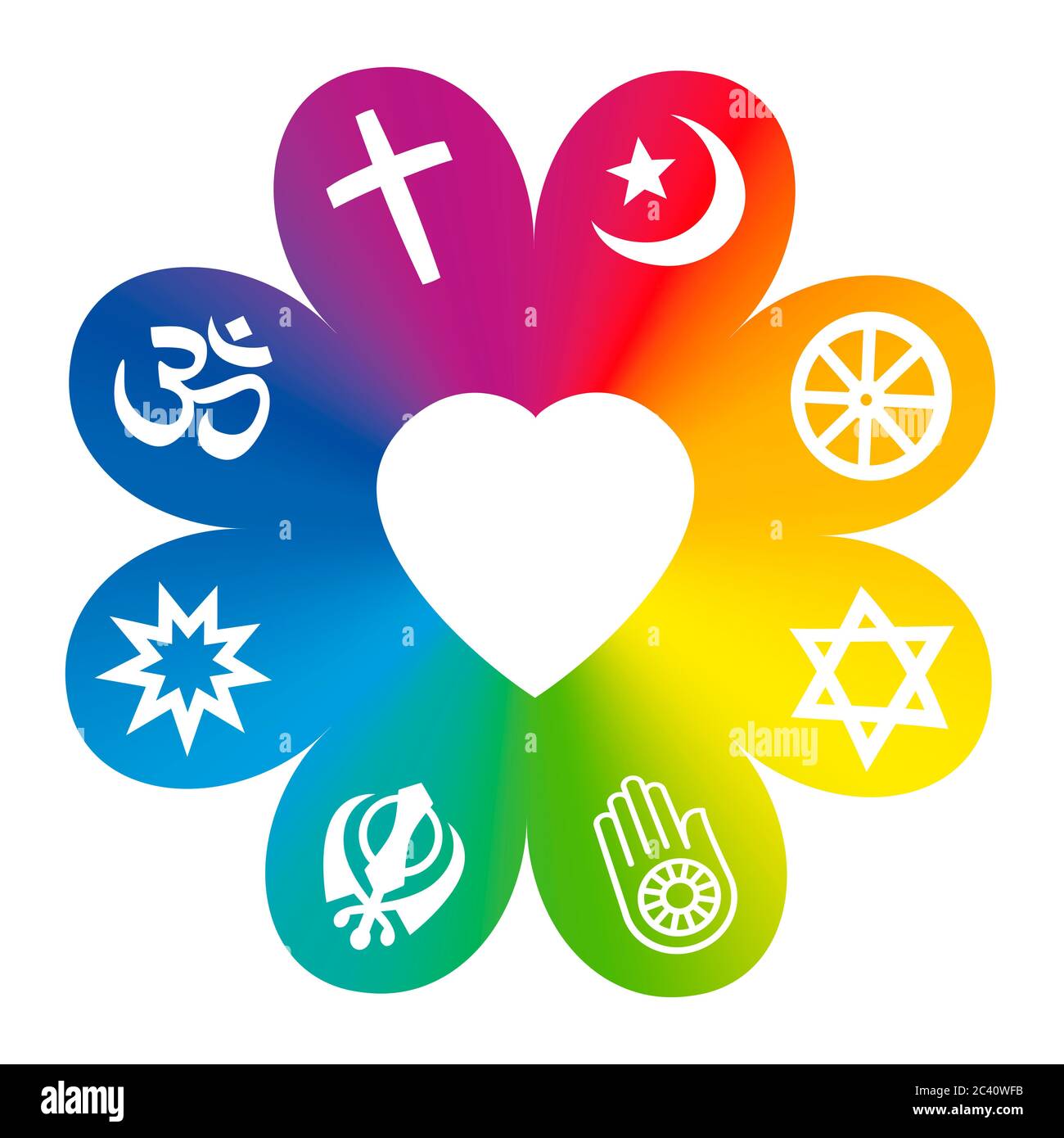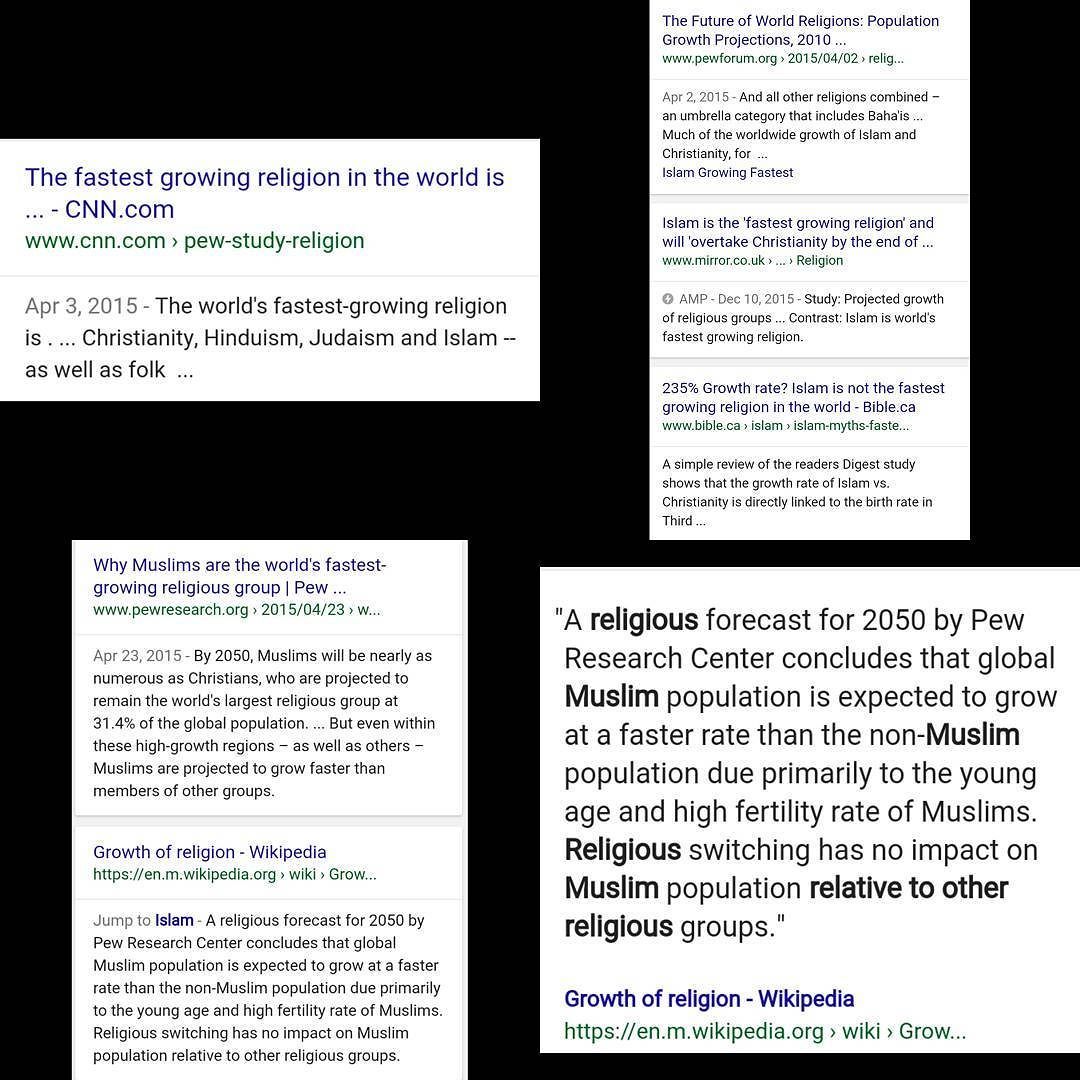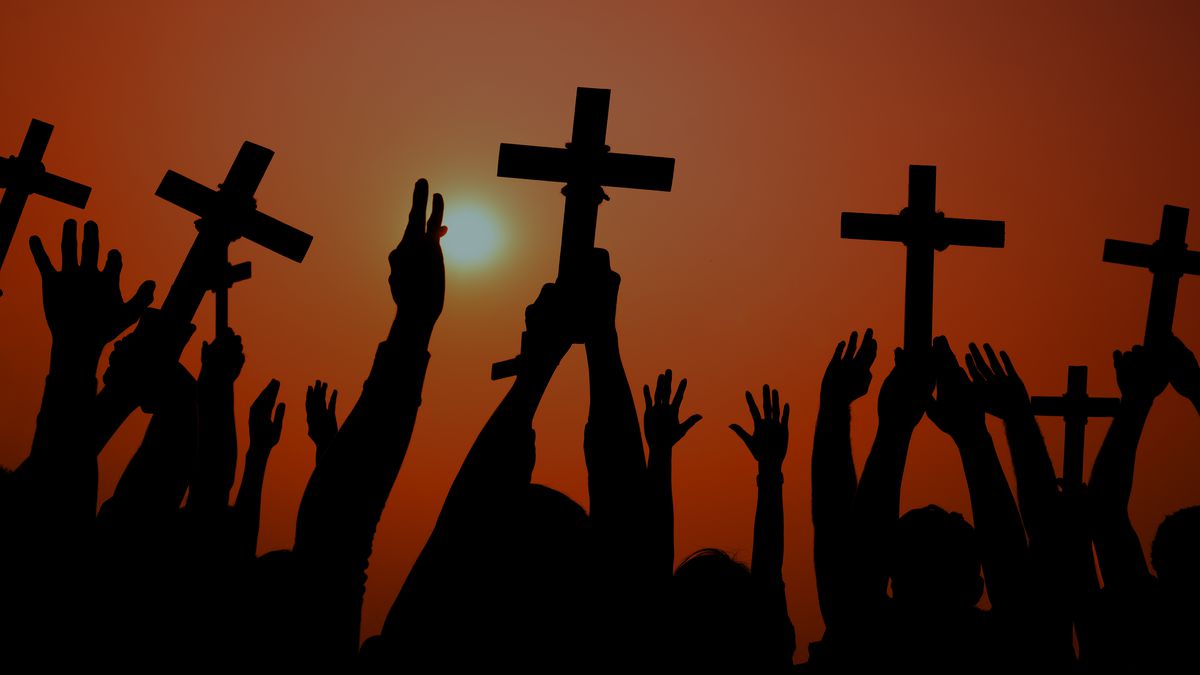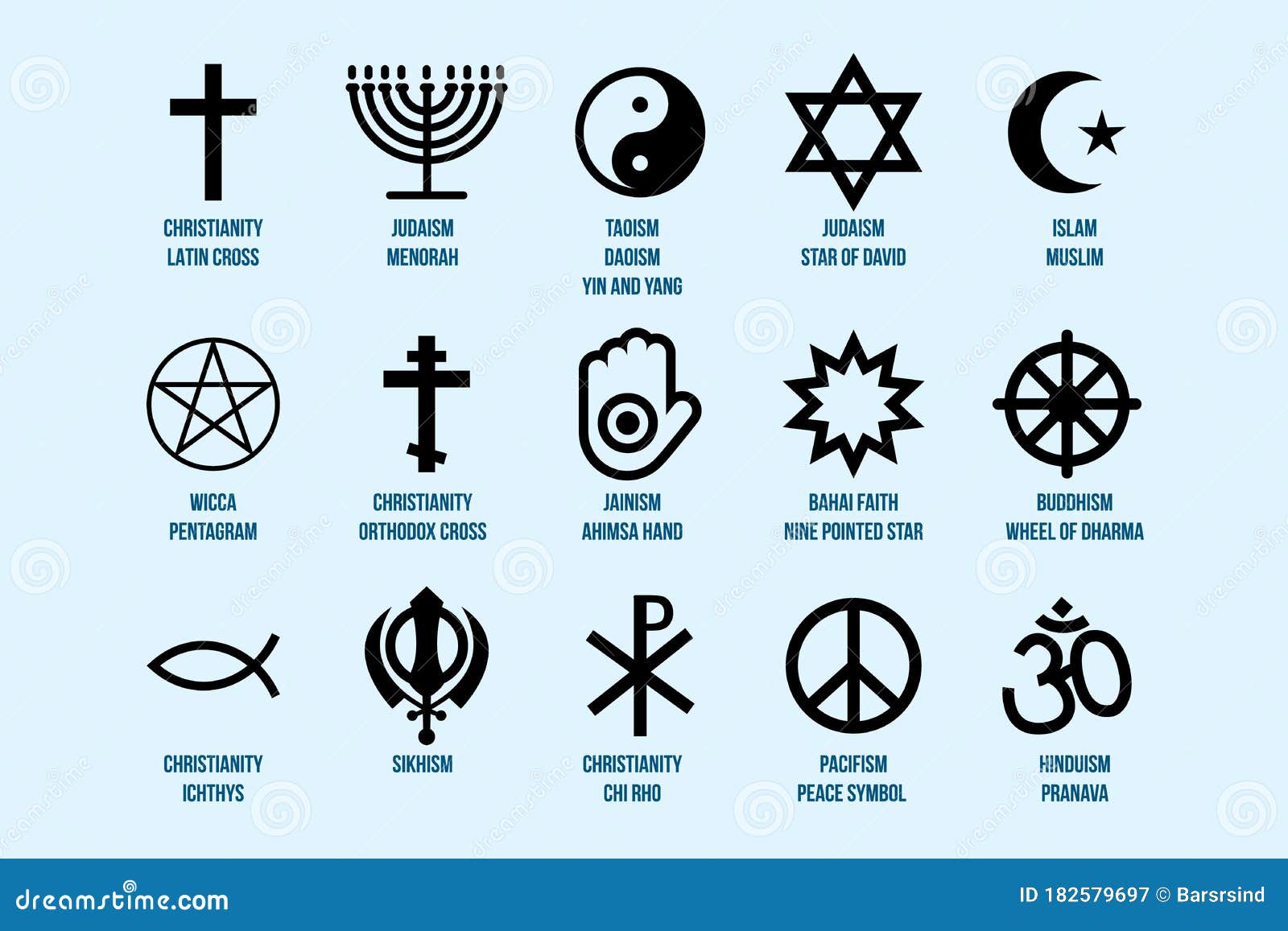Understanding Slipknot’s Religious Views: Beliefs, Influence, and Band Identity
Introduction: Religion and Slipknot – The Roots of a Complex Identity
Slipknot is often associated with intense music, dark imagery, and theatrical performances, leading many to wonder about the religious beliefs of the band and its members. The question of what religion, if any, defines Slipknot is nuanced and layered, reflecting not just the personal convictions of the musicians, but also how audiences interpret their art. This article explores those dimensions, relying on factual, verifiable sources and providing actionable guidance for those seeking to understand the intersection of religion and Slipknot’s identity.
Section 1: The Religious Beliefs of Slipknot’s Members
Slipknot is a band comprised of individuals with diverse backgrounds and perspectives. The most publicly outspoken member regarding religion is Corey Taylor , the band’s lead vocalist. Taylor has openly identified as an atheist, emphasizing that his skepticism is directed at organized religion itself rather than people’s personal beliefs. In interviews, Taylor has stated, “I don’t knock how people feel, I knock the religion itself” [1] . He has discussed his experiences with the paranormal and his desire for proof and understanding, rather than accepting traditional religious explanations.
When asked specifically about Christianity and other religions, Taylor has responded with respect for individual choice, noting, “It works for people, doesn’t work for me… I see good things and bad things happen through religion whether it’s Christianity, whether it’s Islam… as long as people are fundamentalists and fanatical you’re going to have both sides of that coin. So I just try to stay regular and encourage people to do their best” [4] . This perspective underscores a fundamental belief in personal autonomy and a rejection of religious dogma.
Other members have been less vocal about their personal religious beliefs. However, historical accounts indicate that former guitarist Donnie Steele was a Christian and left the band after discussions about the group’s lyrics [3] . This suggests that Slipknot, as a collective, does not adhere to a single religious doctrine, and individual members may have their own private convictions.
Section 2: Religious Symbolism and Imagery in Slipknot’s Art
Slipknot is known for using provocative symbols, aggressive lyrics, and disturbing visuals. Some fans and critics have interpreted aspects of the band’s imagery-such as goat heads and pentagrams-as anti-Christian or even satanic. However, these elements are generally understood to be part of the band’s theatrical persona and are often used metaphorically rather than as literal endorsements of religious or anti-religious views [2] . Many symbols are used for shock value, to provoke thought, or to comment on societal issues, rather than to advance a specific religious ideology.
It’s important to note that the presence of religious or occult imagery in art does not necessarily reflect the personal beliefs of the artists. In Slipknot’s case, the use of such symbols is primarily an artistic choice, designed to evoke a reaction and contribute to their distinct identity in the heavy metal scene. Fans seeking to understand the meaning behind Slipknot’s lyrics and visuals are encouraged to research interviews and official statements from the band, and to approach interpretations with an awareness of the broader context of performance art.
Section 3: How Fans and Critics Interpret Slipknot’s Religious Stance
There is ongoing debate among fans, critics, and religious communities regarding whether Slipknot is anti-Christian, secular, or neutral. Some Christian forums have discussed the appropriateness of listening to Slipknot, noting that while the band uses religious symbolism, much of it is metaphorical and not meant to attack Christianity directly [2] . Others point out that having one or more Christian members does not make the band a “Christian band”-Slipknot’s lyrics and themes are often critical of organized religion but do not advocate a particular anti-religious agenda [5] .

Source: animalia-life.club
For those concerned about the spiritual content of the music they consume, the best approach is to review the lyrics and seek out the band’s own commentary. Slipknot’s official website and reputable music journalism outlets often provide interviews and background information that can aid in forming an informed opinion. Listeners should be aware that interpretations of music and symbolism can be highly personal and influenced by one’s own background and beliefs.
Section 4: Steps for Learning More About Slipknot’s Religious Perspective
For individuals interested in exploring this topic further, consider the following steps:
- Research Interviews and Official Statements: Seek out interviews with band members, especially Corey Taylor, on reputable platforms such as major music magazines, the band’s official website, or their official YouTube channel. These sources often provide first-hand explanations of the band’s views and intentions.
- Analyze Lyrics and Album Art: Read the lyrics provided in official album booklets or on the band’s verified web pages. When analyzing artwork, consider the broader tradition of theatricality in heavy metal and how symbolism is often used for dramatic effect rather than literal meaning.
- Engage with Fan Communities: Participate in discussions on forums dedicated to music analysis. Sites such as Christian Forums or secular fan forums can provide a range of perspectives and help clarify misconceptions.
- Consult Music Historians and Journalists: Read reviews and analyses by established music critics who specialize in heavy metal. These experts can contextualize Slipknot’s artistic choices within the wider history of music and performance art.
- Consider Personal Reflection: Ultimately, how one perceives the religious or spiritual content of Slipknot’s music is a personal decision. Reflect on your own values and how they align with or differ from the themes explored in the band’s work.
Section 5: Challenges and Misconceptions
One challenge in assessing Slipknot’s religious stance is the prevalence of misinformation and assumptions about metal music in general. Heavy metal has often been stereotyped as anti-religious or even satanic, largely due to its use of aggressive themes and controversial imagery. However, many bands-including Slipknot-use these elements to challenge societal norms, provoke discussion, or simply entertain, rather than to make explicit theological statements.
Another common misconception is that the presence of a Christian member in a band makes the group itself religiously affiliated. In Slipknot’s case, former guitarist Donnie Steele’s Christian faith was personal and did not represent the band as a whole [3] . It is important to distinguish between individual beliefs and collective identity, especially in collaborative artistic groups.
For those seeking to avoid music that conflicts with their beliefs, it is advisable to focus on explicit statements from the band and to avoid conflating artistic expression with personal ideology.
Section 6: Alternative Approaches and Further Guidance
If you want to find music that aligns more closely with specific religious beliefs, consider searching for bands and artists that explicitly identify as Christian, or that are affiliated with religious music labels. Christian music retailers and online directories often provide lists of artists and reviews that highlight spiritual themes and values. Conversely, those interested in secular or philosophical themes in music can explore interviews and critical essays about Slipknot and similar bands to gain a deeper understanding of their artistic motivations.
For accurate, up-to-date information on Slipknot’s views, you can:

Source: alamy.com
- Visit Slipknot’s official website (search “Slipknot official website” in your browser for the most current address)
- Check reputable music journalism outlets like Rolling Stone or Kerrang! for in-depth interviews and features
- Consult online music databases such as Wikipedia for band history and references to primary sources
- Participate in discussions on established forums to gain a range of perspectives
Always verify the authenticity and credibility of the sources you consult, and be wary of unverified claims or unofficial fan interpretations.
Summary: Key Takeaways
Slipknot, as a band, does not adhere to a particular religion. The members hold a range of personal beliefs, with the most visible figure, Corey Taylor, openly identifying as an atheist and advocating respect for different perspectives. The band’s use of religious symbolism is primarily artistic and not intended as a literal statement of faith or anti-faith. For those seeking to learn more, consulting verified interviews and official material is the best approach for understanding the complex relationship between Slipknot and religion.
References
[1] AntiMusic (2013). Slipknot’s Corey Taylor talks religion, book, and beliefs.
[2] Christian Forums (2019). Discussion of Slipknot’s religious stance.
[3] Wikipedia. Slipknot band history and member details.
[4] YouTube. Corey Taylor discusses Christianity and religion.
[5] Christian Forum Site (2007). Discussion on Christian members in Slipknot.
MORE FROM cheerdeal.com













